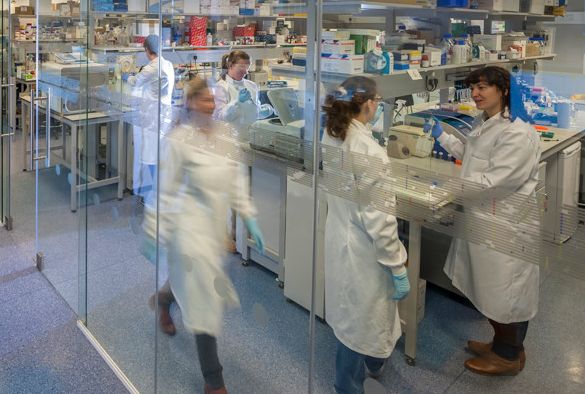
A new article, published in Journal of Antimicrobial Chemotherapy, highlights the key pharmacological challenges related to the development of pharmaceutical therapeutics for COVID-19.
The COVID-19 pandemic is one of the biggest challenges in recent history and multiple tools to control the spread and impact of the virus are currently under investigation. Although therapeutic agents have the potential to be useful tools in treating symptoms and reducing mortality in patients, the development of effective drugs against COVID-19 has multiple challenges that require careful analysis.
A team of international researchers from the University of Liverpool, National Hemophilia Center, (Tel Aviv) and the University of Turin (Italy) wrote an analysis to help summarize the key pharmacological challenges related to SARS-CoV-2 therapeutics in an effort to assist researchers worldwide.
Here are the key findings of the researchers, led by Dr Marco Siccardi from the University of Liverpool’s Pharmacology and Therapeutics:
• It is likely multiple agents will be necessary and different types of drugs will be needed.
• Translation of preliminary lab-based findings has to be carefully evaluated to avoid over-stretching the relevance of data
• Drugs against COVID-19 will be given to many patients with complex clinical characteristics, other diseases and concomitant drugs. Therefore, a comprehensive evaluation of the safety profile of potential therapeutic agents is of paramount importance.
Dr Marco Siccardi, said: “All the above elements indicate the importance of multidisciplinary collaborative initiatives to provide a broad and effective vision to identify and meet the challenges related to developing and refining pharmacological tools against COVID-19.”
The full paper, entitled ‘The challenging pathway towards the identification of SARS-CoV-2/COVID-19 therapeutics’, can be found here.